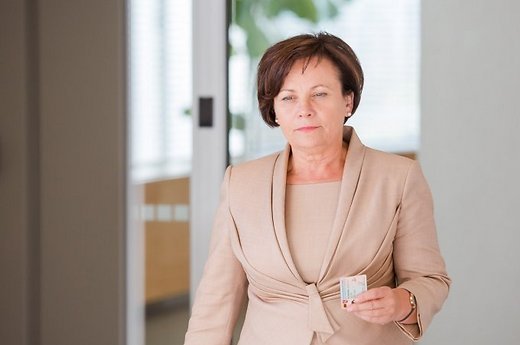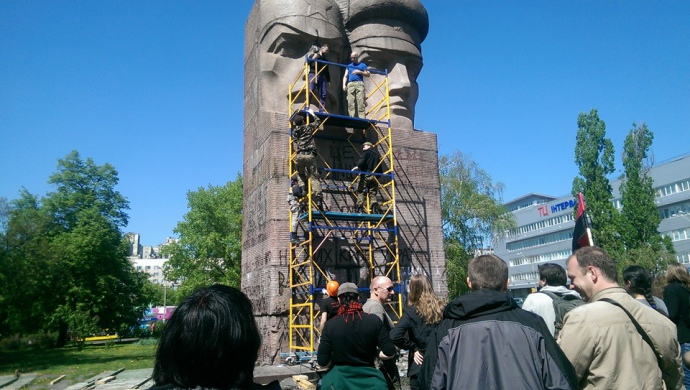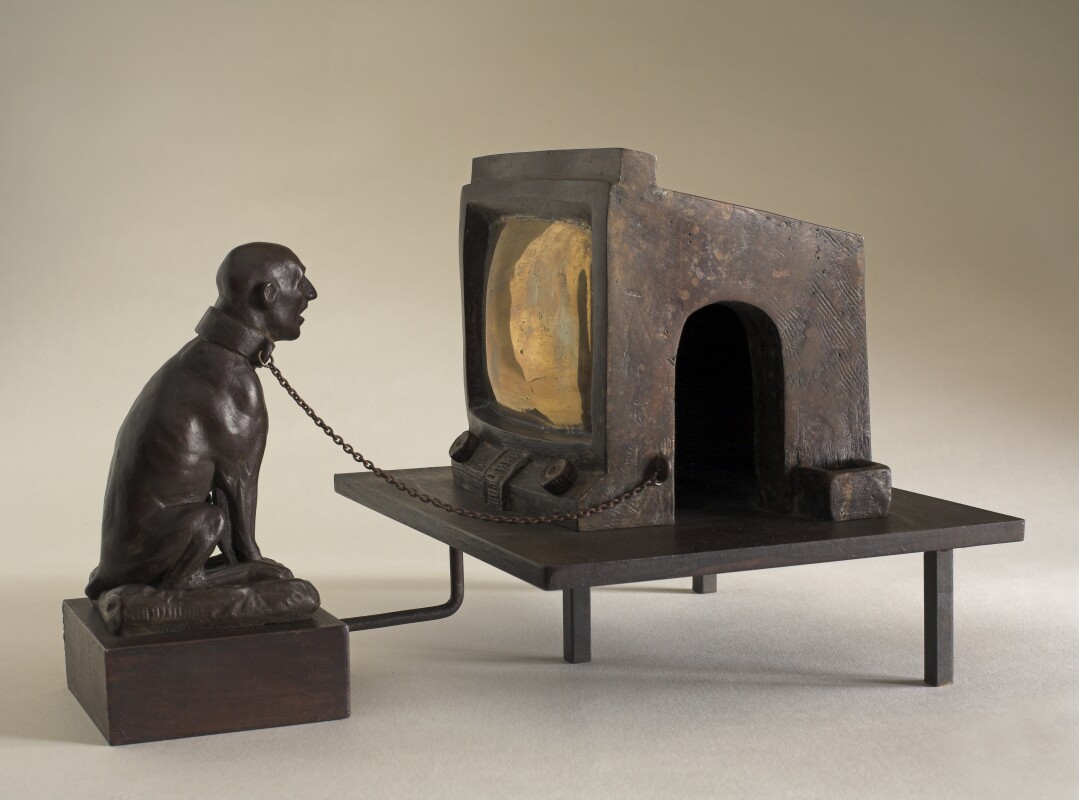Many in the US and elsewhere are horrified by Vladimir Putin’s overt and covert efforts to affect the outcome of the American presidential election, but they should be even more horrified by something else: the exposure of his involvement is giving him a second, larger but as yet unrecognized victory.
That victory is this: from now on, at least as long as Putin is in power, Western elections are likely to be affected by the danger, real or not, of Russian involvement, transforming the campaigns into referenda on whether this or that candidate is Putin’s agent in place and thus undermining the democratic process by raising suspicions about the loyalty of this or that figure.
Some will see this as nothing more than a restoration of the situation when in some countries, candidates for office denounced their opponents as pro-communist, the kiss of death in most of them. But this situation is far more insidious because it has less to do with ideology than with the exacerbation of disorder.

The danger that this can and will happen is on view today when former Lithuanian defense minister Rasa Juknevičienė warns that Moscow will find and support its very own candidate for president when elections are held in 2019.
She is not wrong to issue this warning: it is almost certainly correct in the case of that NATO country neighboring Russia. But the danger is that other officials, commentators, and politicians in other countries will follow suit, poisoning politics in their homelands whether Putin’s minions are directly involved or not.
Many currently assume that Putin can only succeed in bringing to power his allies if he works covertly, noting that he and his propaganda apparatus in Moscow and the West have repeatedly denied that Moscow was involved in the American or other elections. But this view misses the point in a double sense.
On the one hand, Putin is less interested in bringing to power some kind of Russian version of the Manchurian candidate than in creating chaos and confusion. Of course, he would like it if he could have a president in another country who would without question do his bidding. But he lacks the power to do that, at least in most cases.
Even if he backs this or that candidate, as he has been doing, the best Putin can achieve is bringing into office someone who will start by being more sympathetic to Russia’s demands; but over time, the imperatives of the countries these people head will prove more important than the signals their new leaders get from the Kremlin.
Consequently, it is important to recognize that Putin’s real goal is to delegitimize democracy elsewhere, to sow discord, and to weaken his opponents, given that he is fundamentally incapable of strengthening himself and his country except by aggression and bombast.
And on the other hand, there is another aspect of Putin’s behavior, one rooted in his KGB past, that few in the West understand or are paying attention to. Unlike Western intelligence services who plan only for success, Russian secret services plan for failure and seek to design their operations in ways that give Moscow benefits even when such actions are exposed.
That has been Moscow’s modus operandi since at least 1921 when Felix Dzerzhinsky, the founder of the Soviet Cheka
secret police, set up the Operation Trust, a false-flag operation designed to penetrate, disorder and ultimately hamstring the military wing of the first Russian emigration. (For a good introduction, see this 35-page report).
Trending Now
Most leaders of the Russian emigration and many European intelligence services fell for the Operation Trust, but not all did. And when the Trust was exposed for what it really was in 1927 -- an exposure that it is possible Moscow even played an active part in -- many assumed that the Soviet intelligence services had suffered a serious defeat.
At one level that may have been true, but at another, it definitely was not. The exposure of the Trust
as a Soviet operation discredited all those who had believed in it, most prominently perhaps V.V. Shulgin who was manipulated by it and whose influence in the emigration never recovered. And that gave Moscow a second victory, even if many didn't see it at the time.
Countering Putin – who is first, last and always a KGB officer – as Captain Nikitin said, “there are no ex-KGB officers just as there are no ex-German shepherds” – requires a recognition of this danger. Exposing his criminal activities is critical; but exposing them in ways that do not allow him to walk away with a second victory is even more so.
That isn't going to be easy. The Trust or operations like it have been the bread and butter of Soviet and Russian intelligence operations at home and abroad ever since the 1920s. Recognizing what Moscow is about is the first task; explaining how Putin’s KGB tactics work is the absolutely necessary second one.
Related:
- The splendors and miseries of Russian special services
- Trump's pick of Tillerson for Secretary of State while dismissing CIA intelligence on Russia causes consternation
- Putin wants to do more than to install Trump as US president: he wants to destroy the West
- Putin and Trump Team have been talking for over a year, Russian commentator says
- For Putin, Trump is not an end in himself but a means to weaken the US and the West
- Moscow spy services said deploying Russian criminal world against Ukraine




